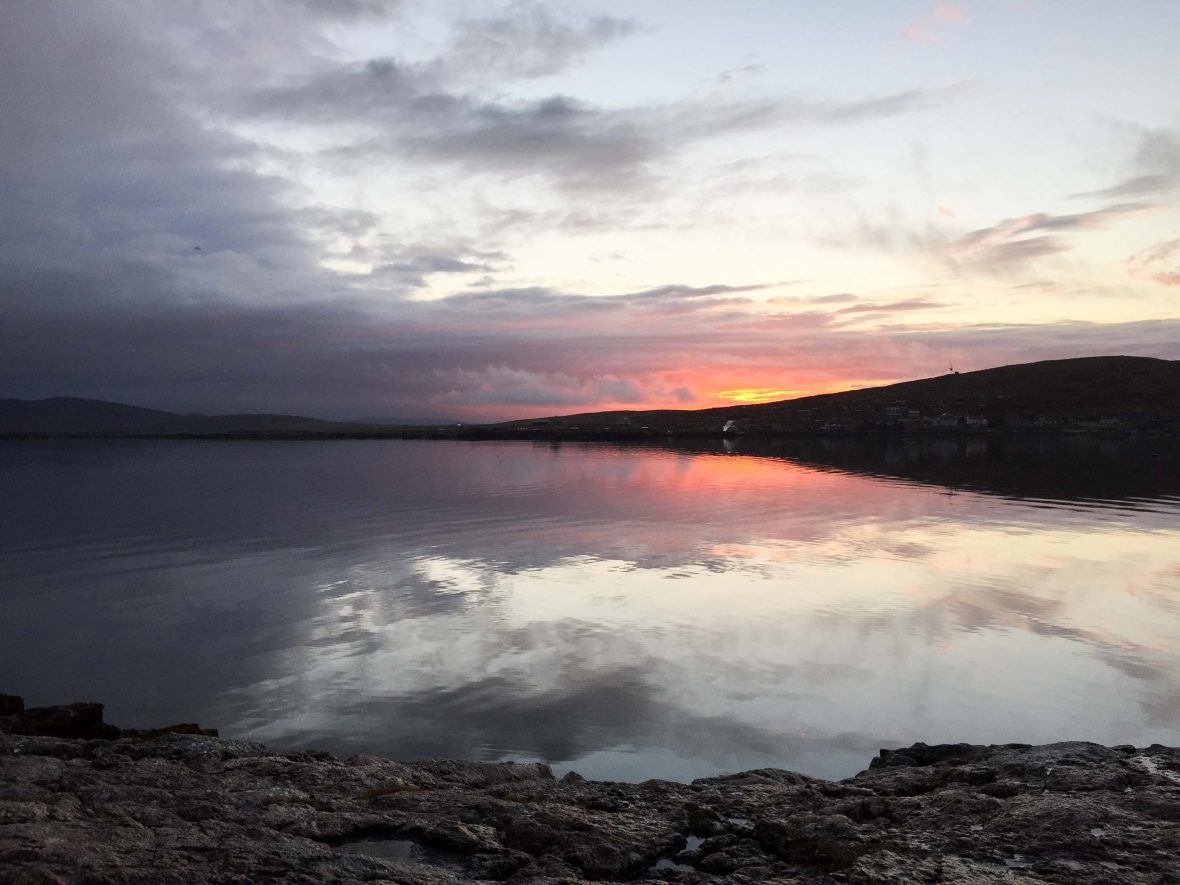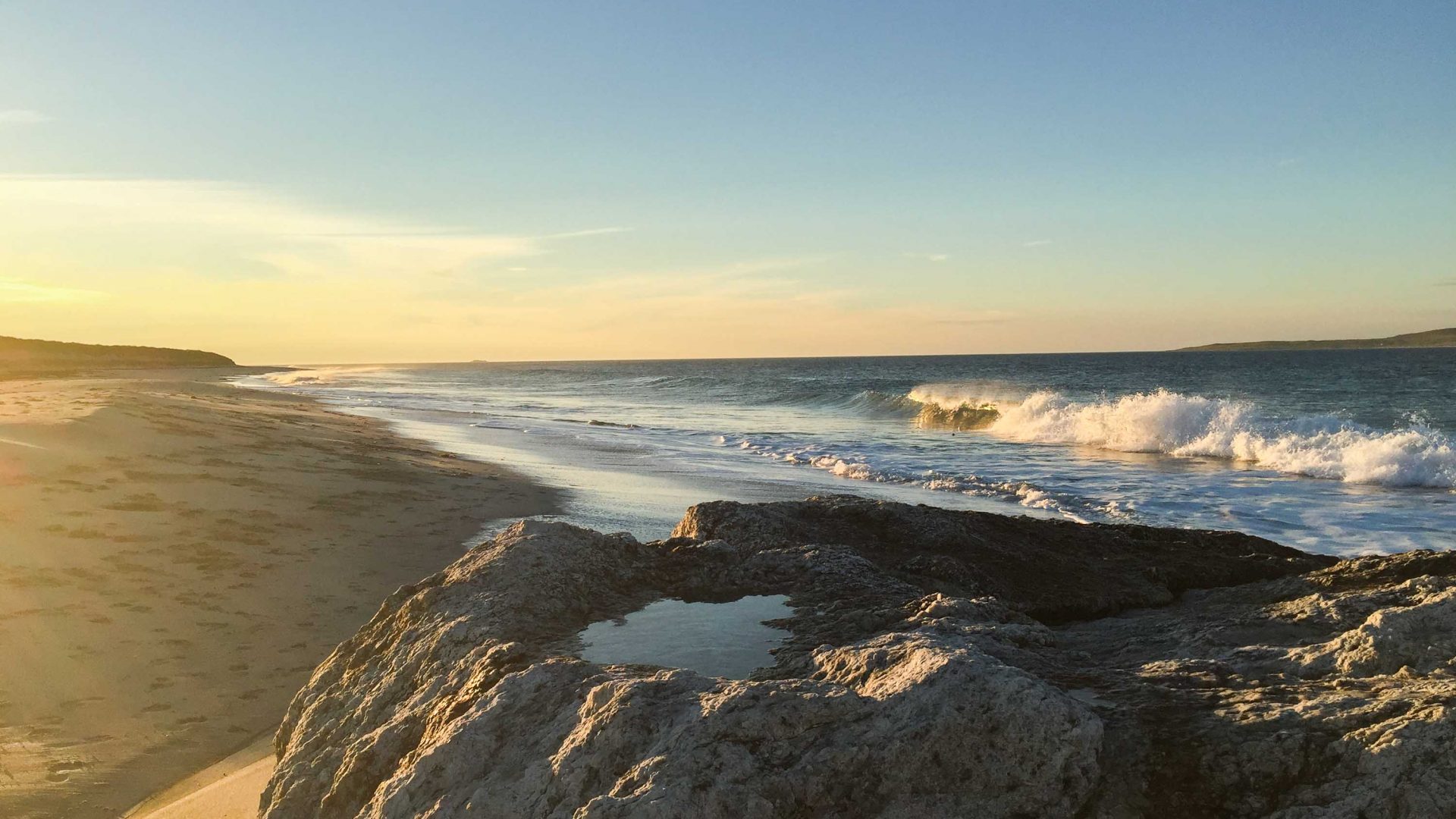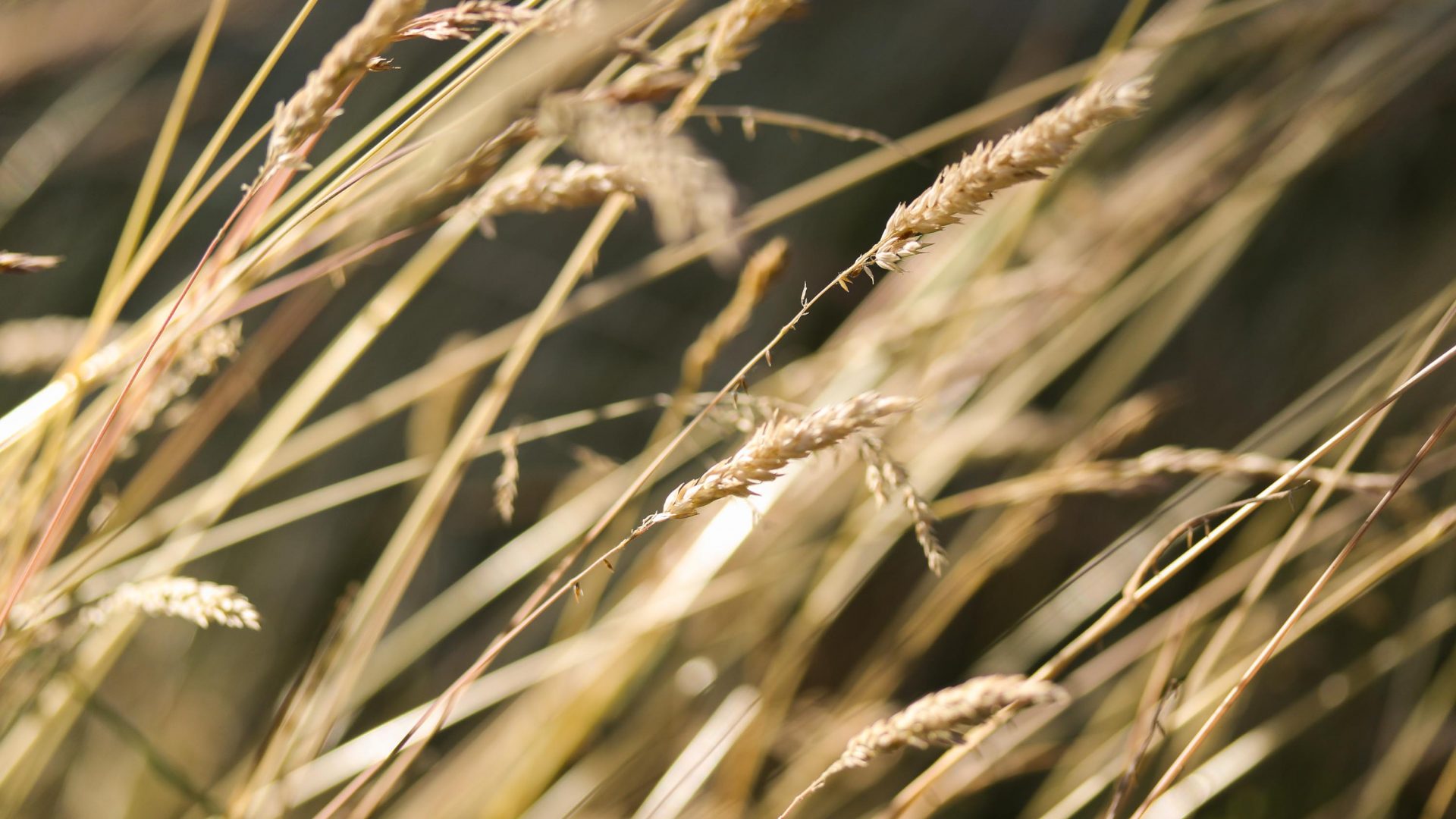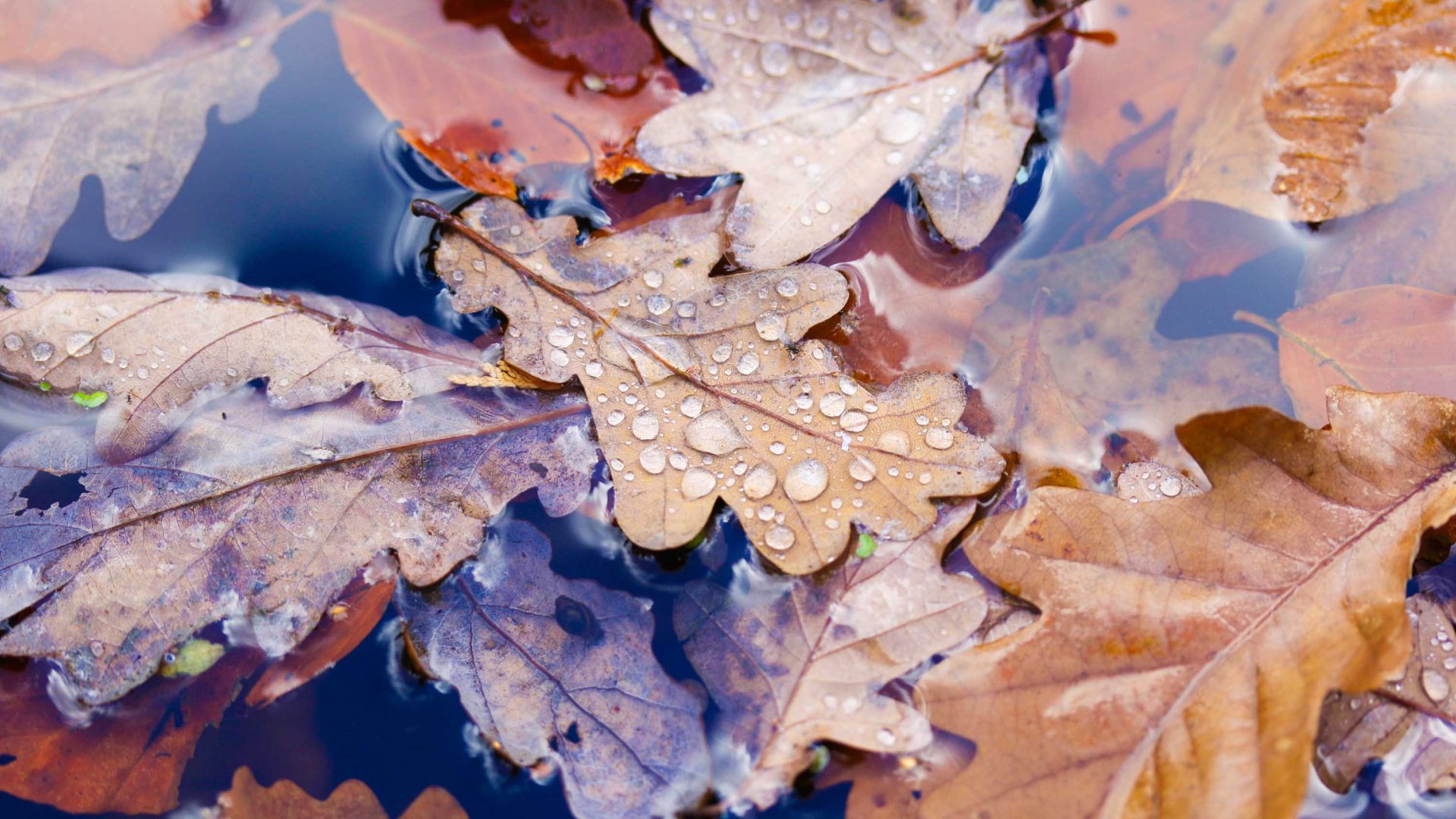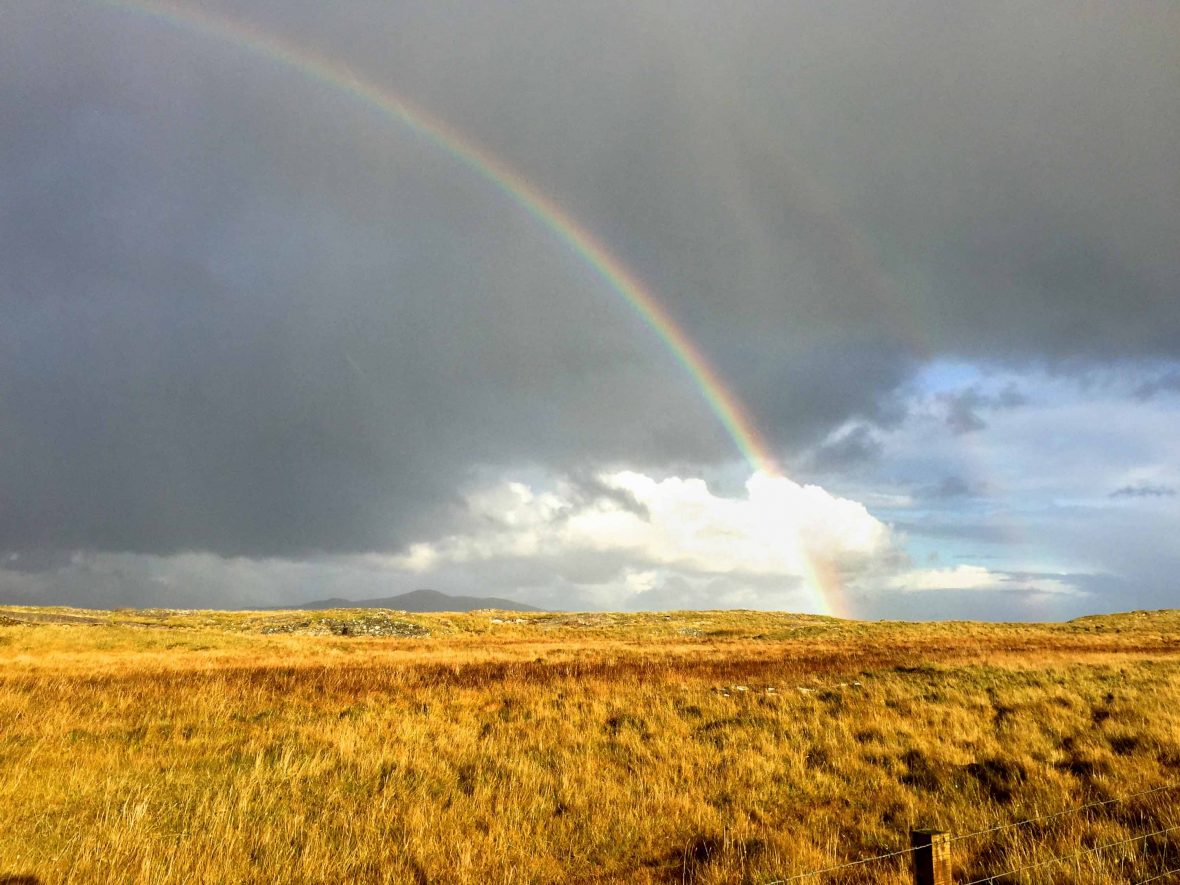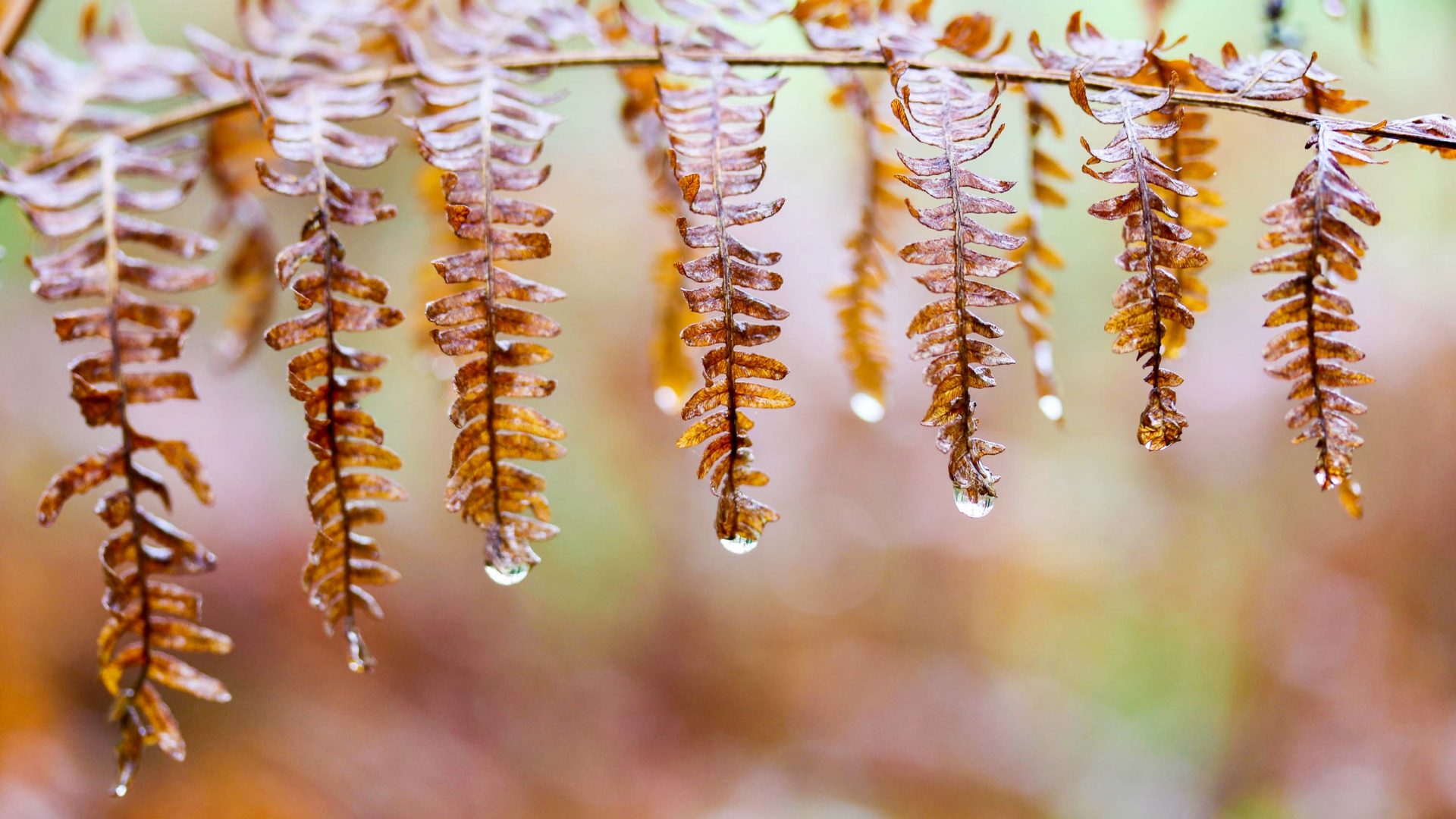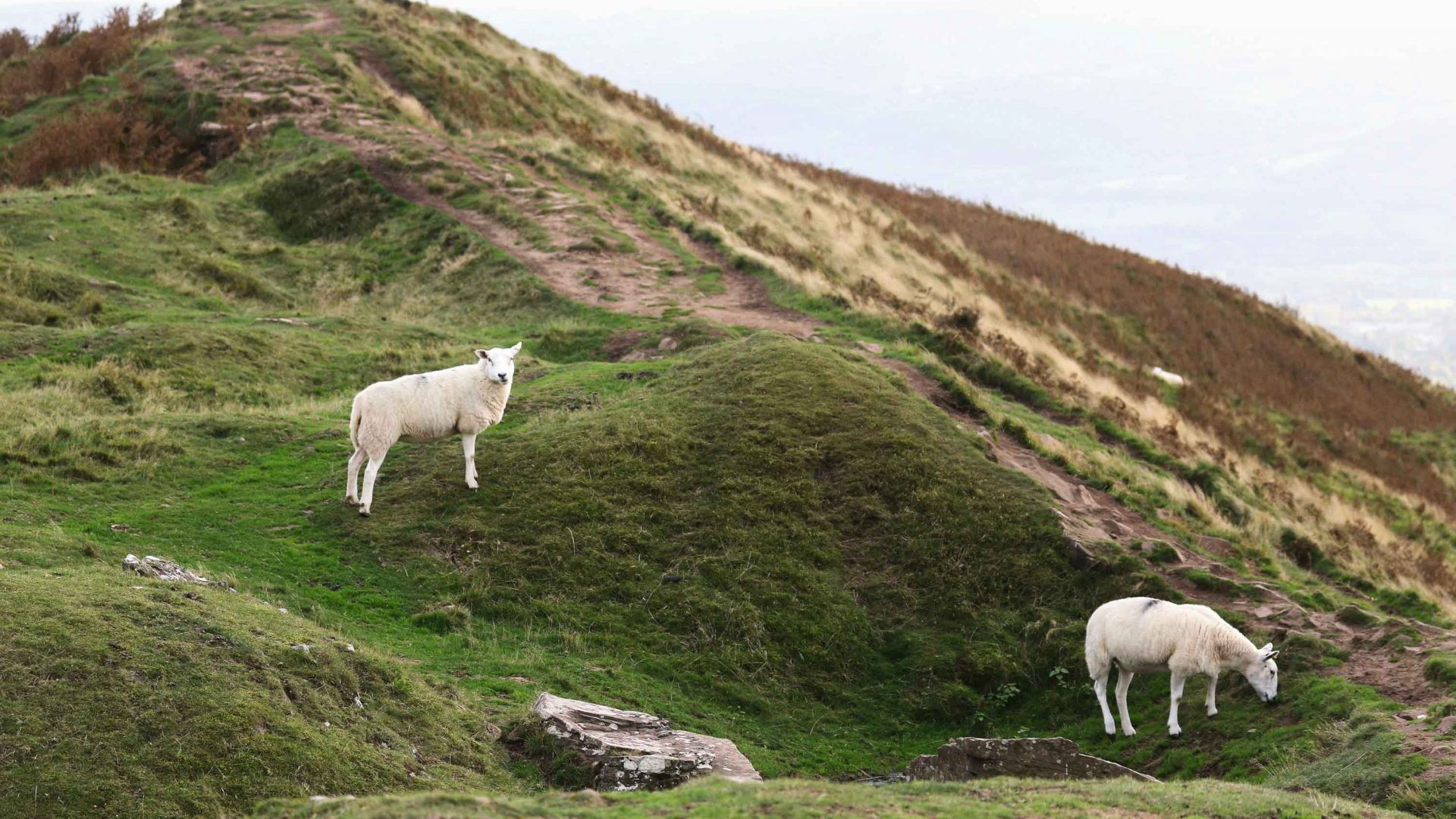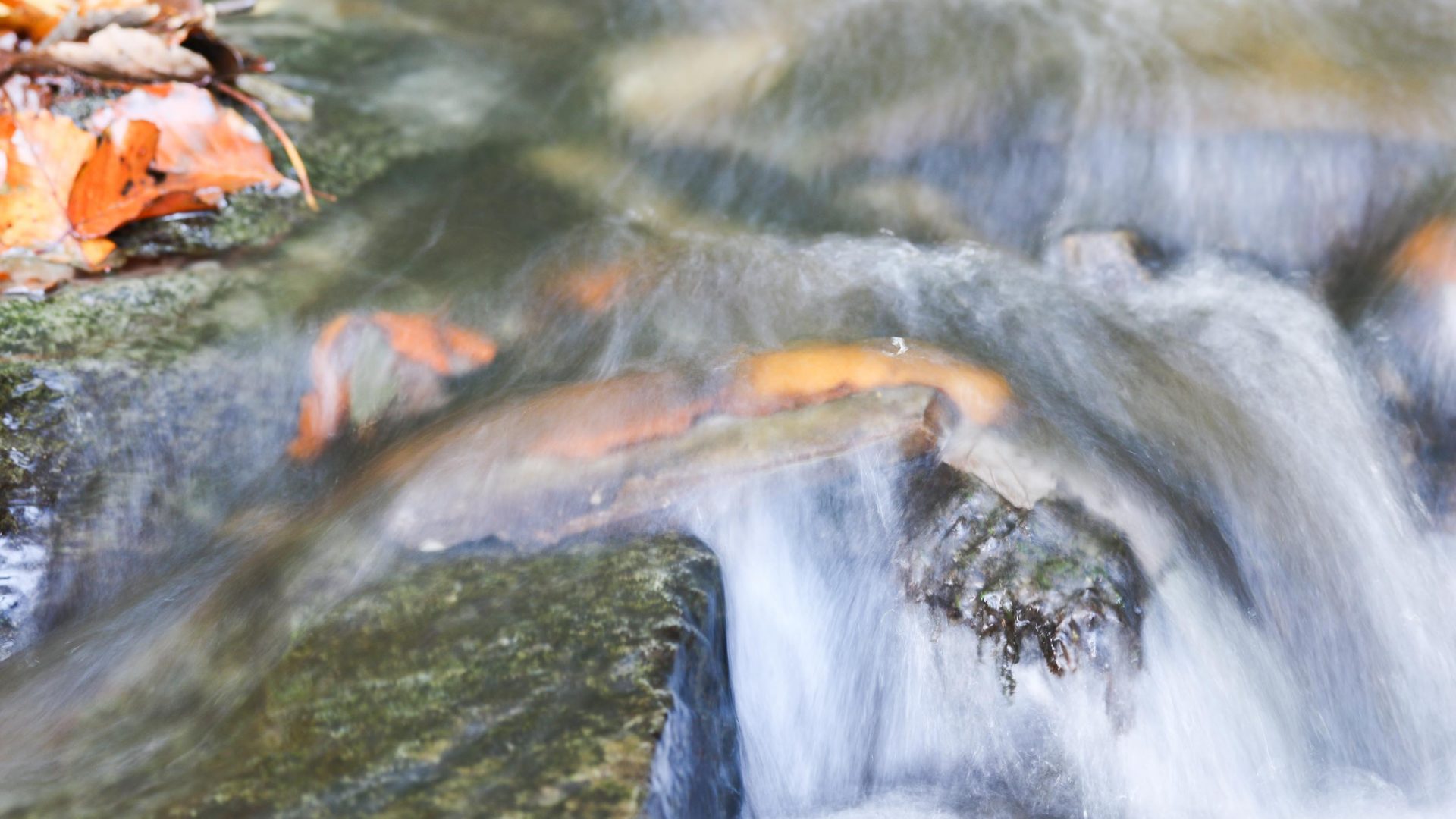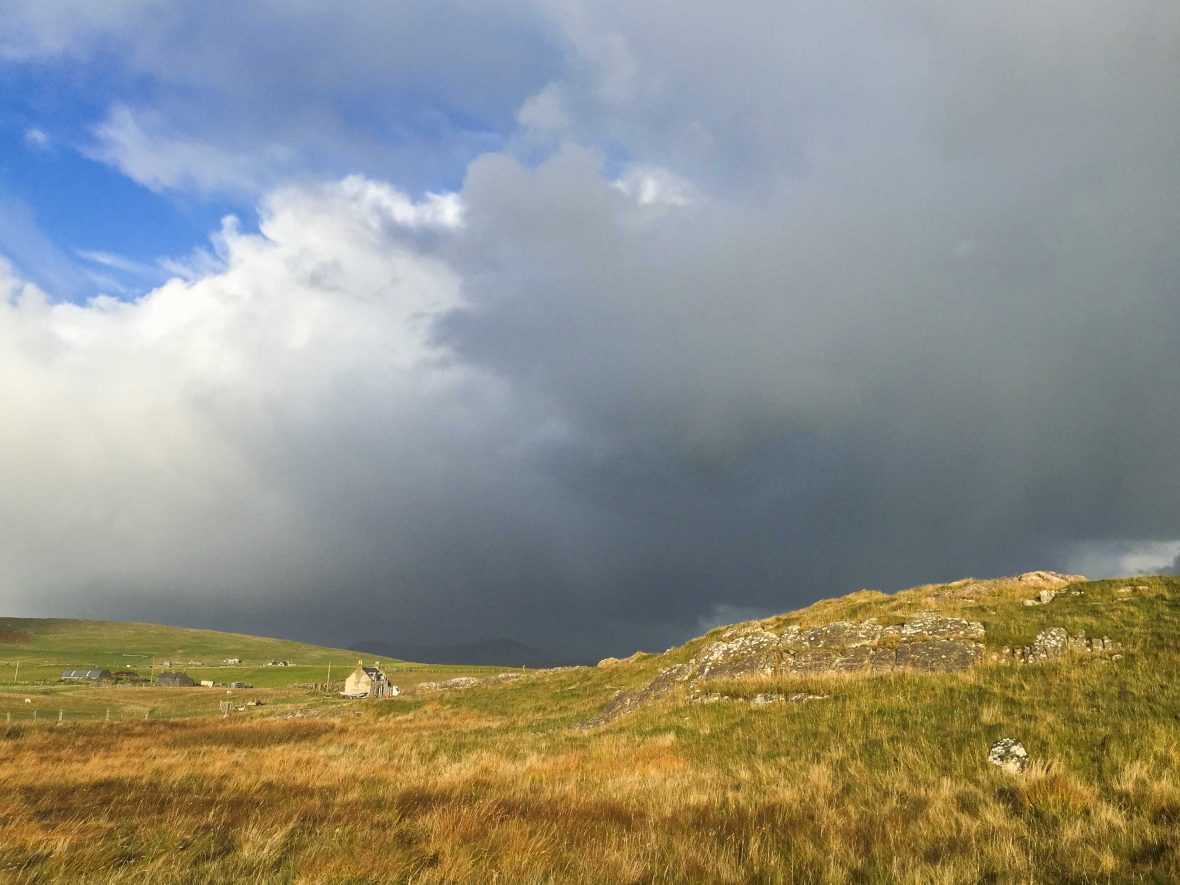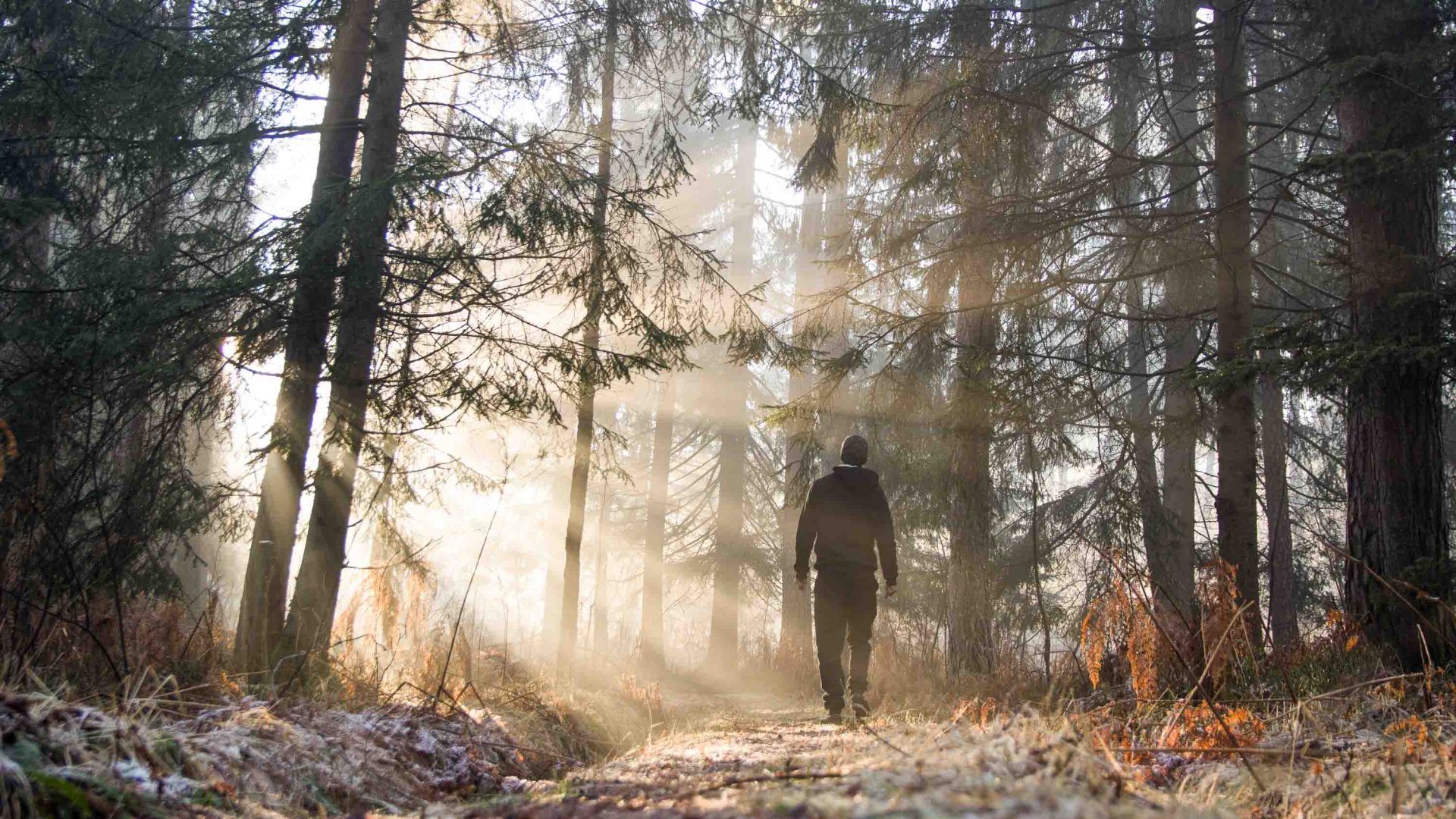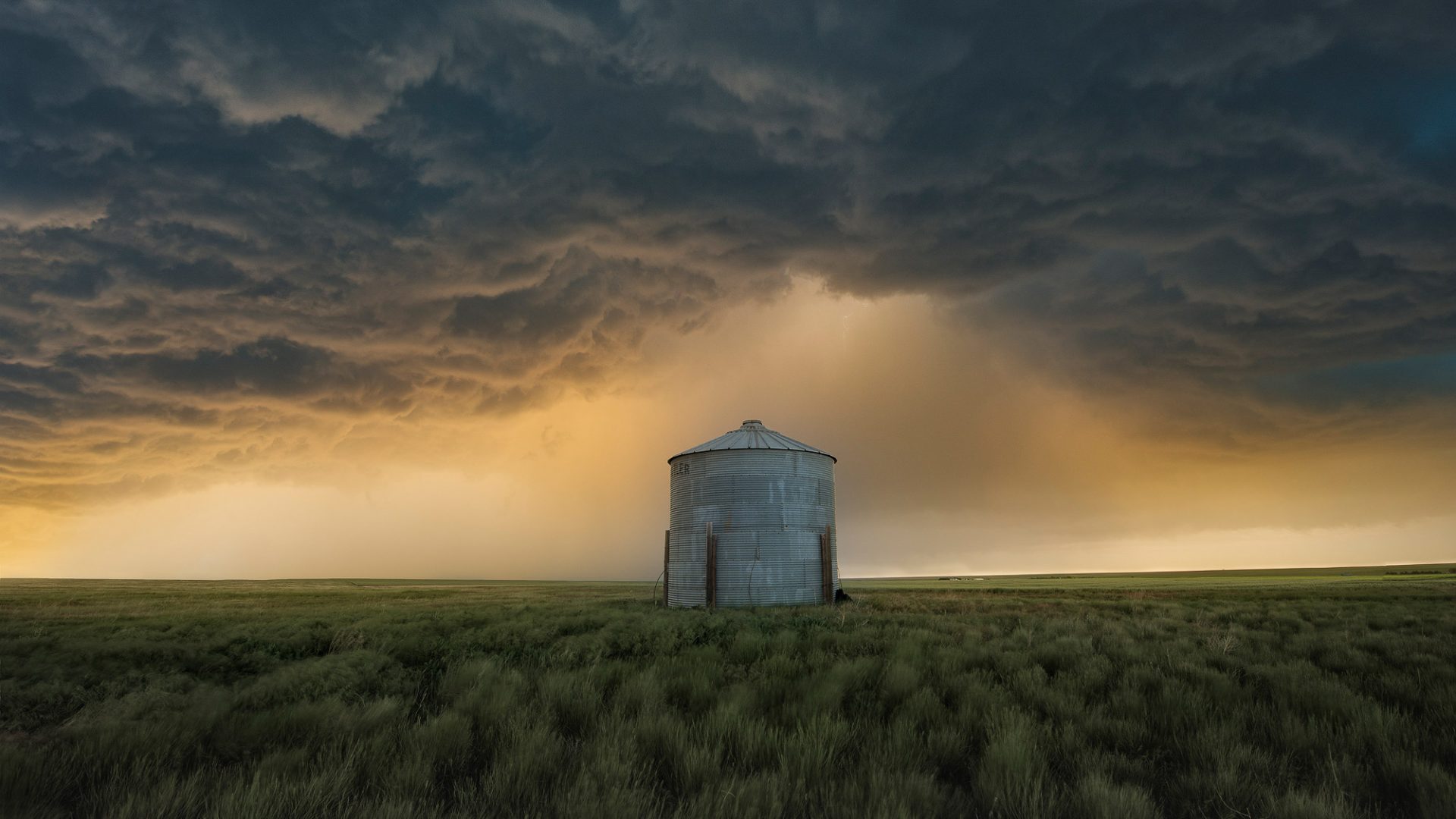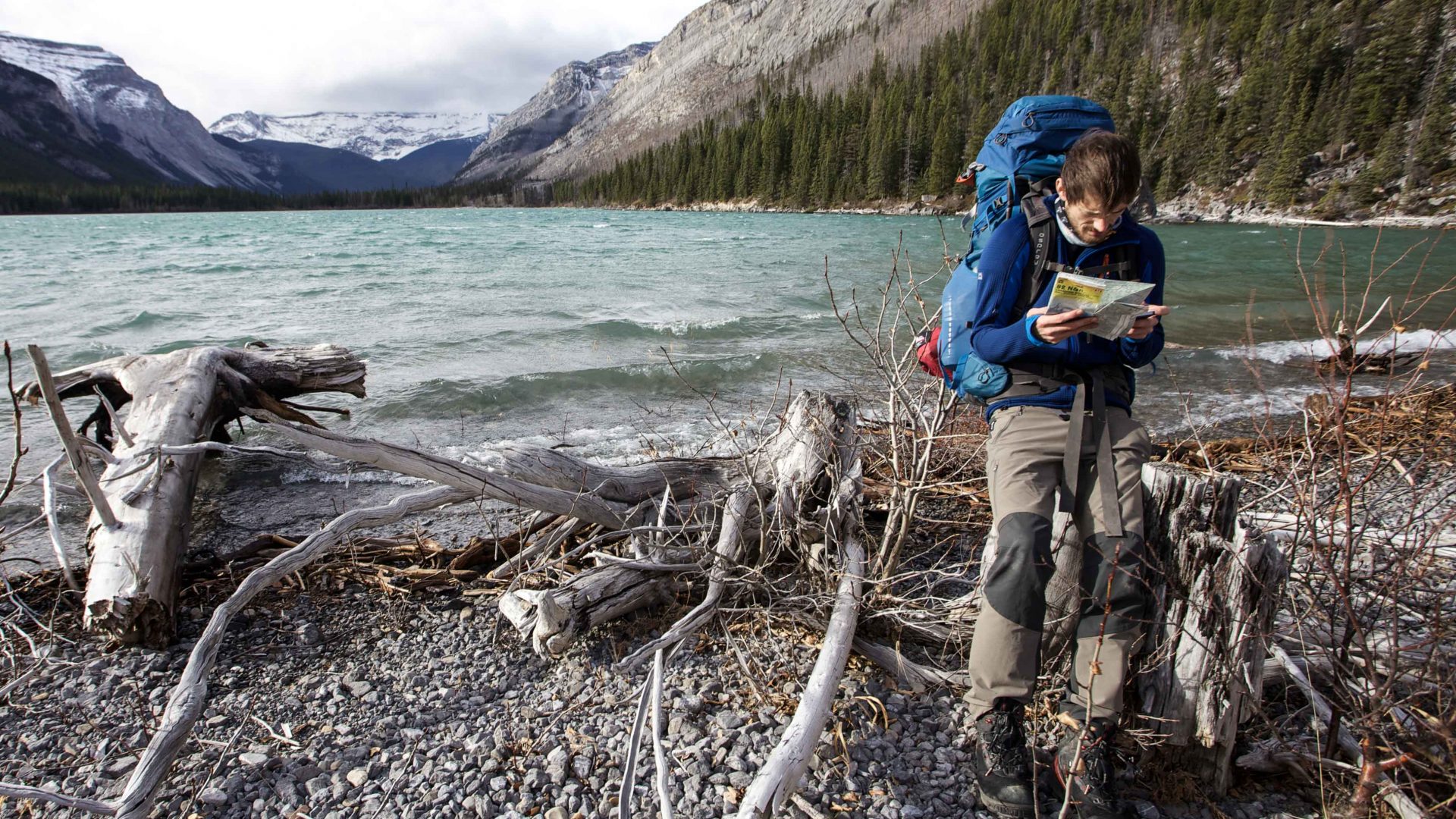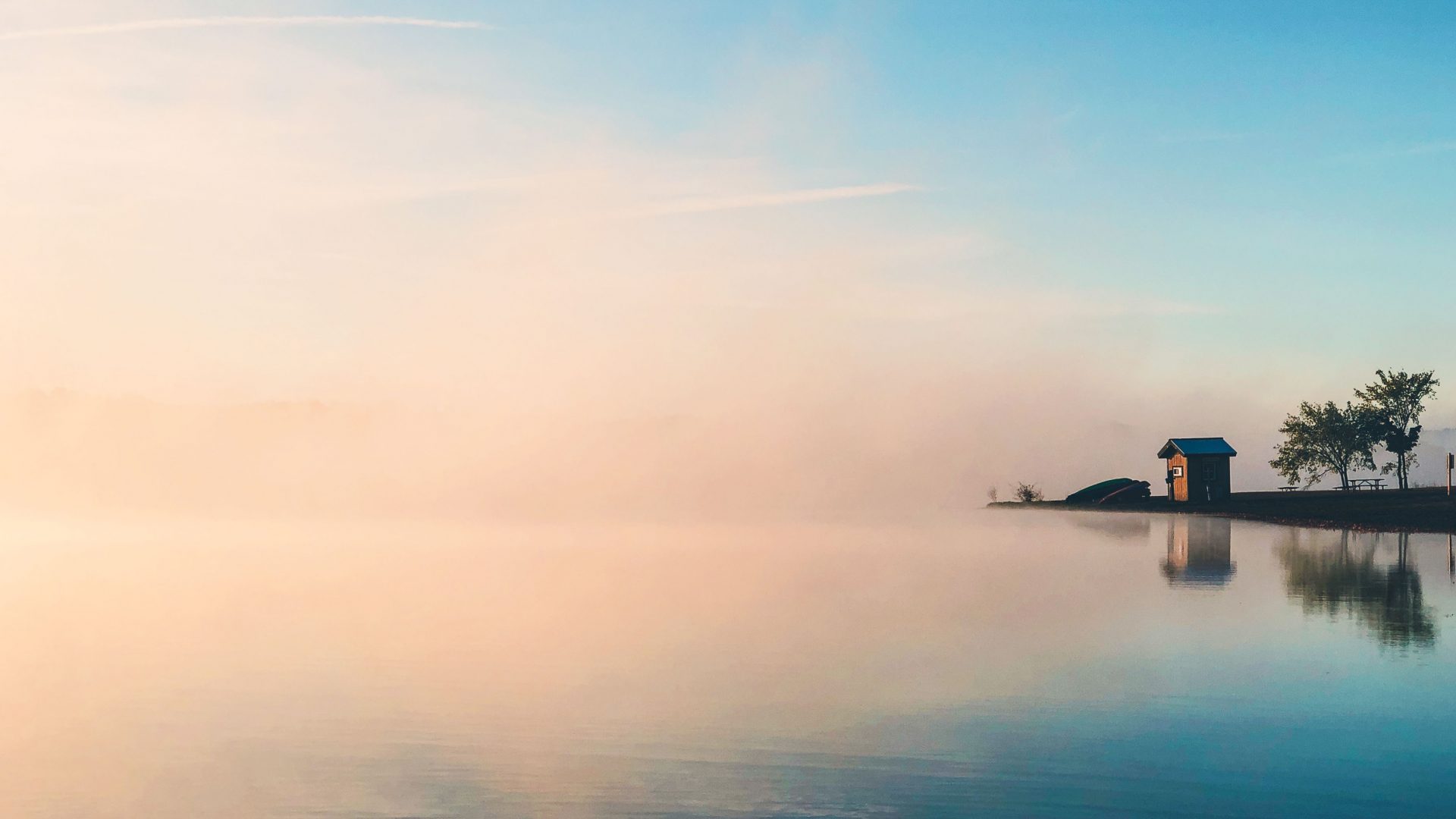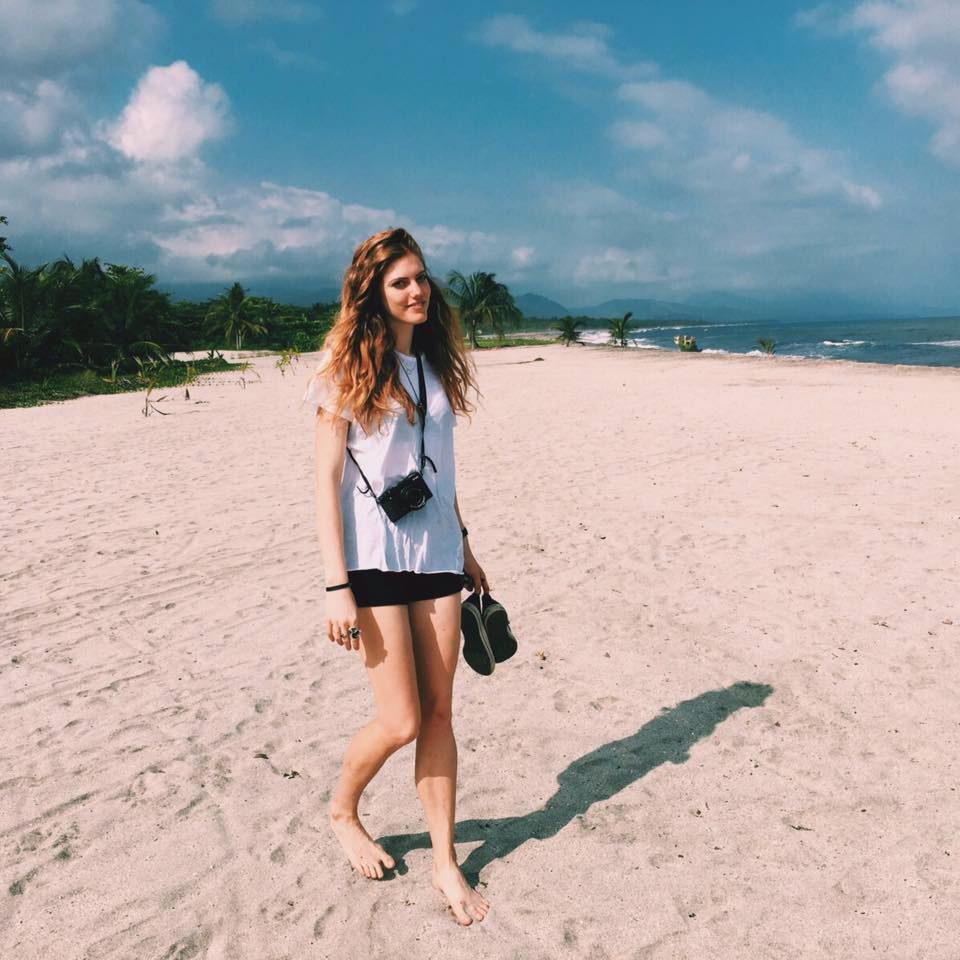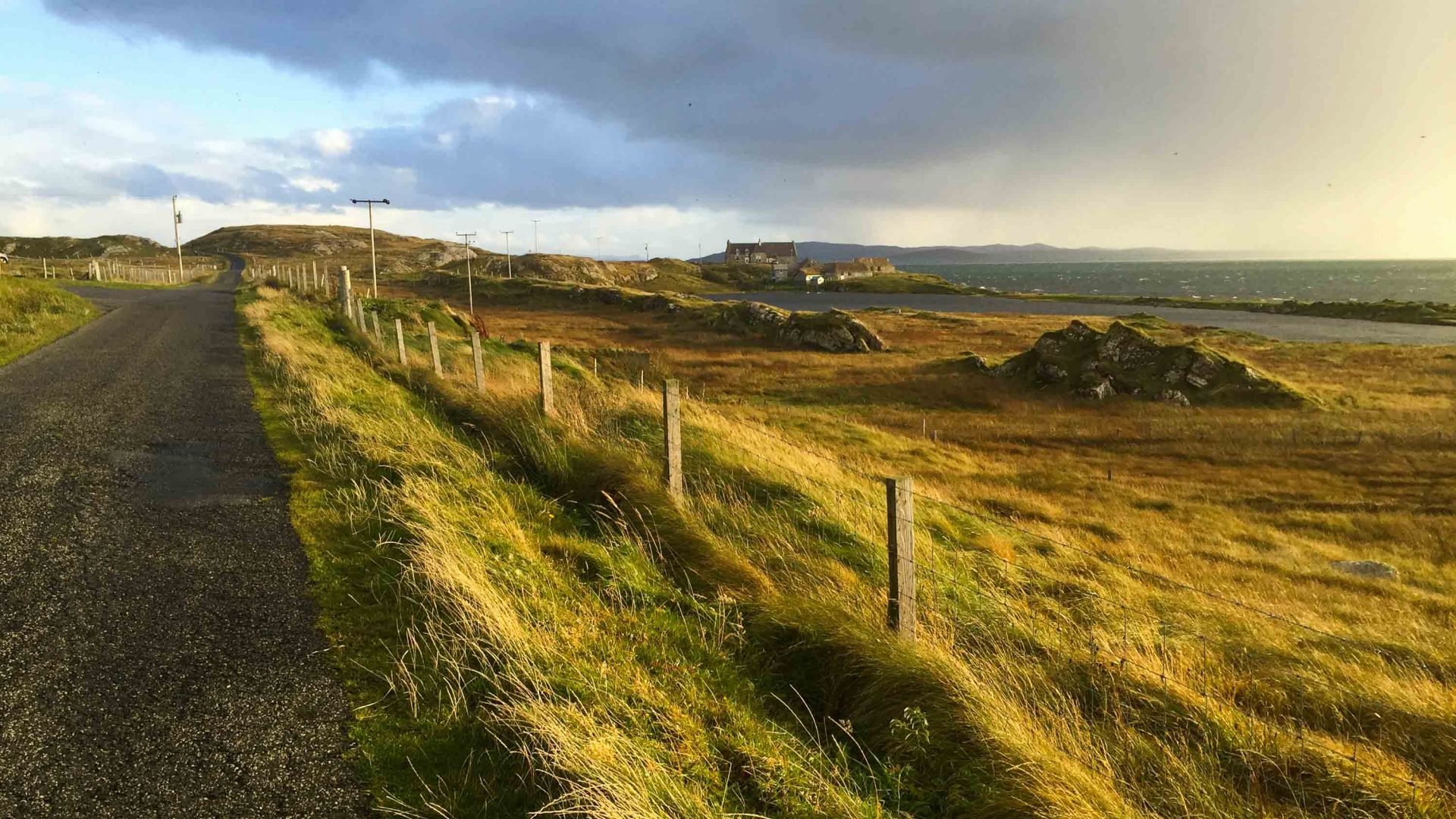
Editor’s note: This article was published before the coronavirus pandemic, and may not reflect the current situation on the ground.
Sometimes, it’s too easy to focus on what we can photograph (and Instagram) on our travels—at the expense of our other senses. That’s what Kerry Walker discovered on a rare camera-free trip.
I was sitting on an old wooden bench, propped up against a sagging stone croft, when it happened: The moment, that is, when I stopped seeing and started, well, sensing. It sounds obvious, but that particular moment of realization—call it an epiphany, call it an awakening, call it whatever you like—stands out in more than a decade of round-the-world travel.
Here I was, all alone on a remote, wind-battered, wee speck of a Hebridean island off Scotland’s northwest coast in the October gloom. A place where most days I saw nobody. A place ruled by the changing tides and the BBC shipping forecast. A place where the gray could dampen your soul and a sudden shaft of brilliant light could make you feel like you were seeing the world for the first time. A place seemingly immune to time and trends. A place where I had no wi-fi or watch, no mobile signal or proper map. No plans. Nothing specific to get up for in the morning, yet everything to discover.
And it was here, without the rush to tick off this or that or the pressure of having to ‘see it all’, that I learned what some might call ‘mindfulness’, or fully engaging the senses and being present.

